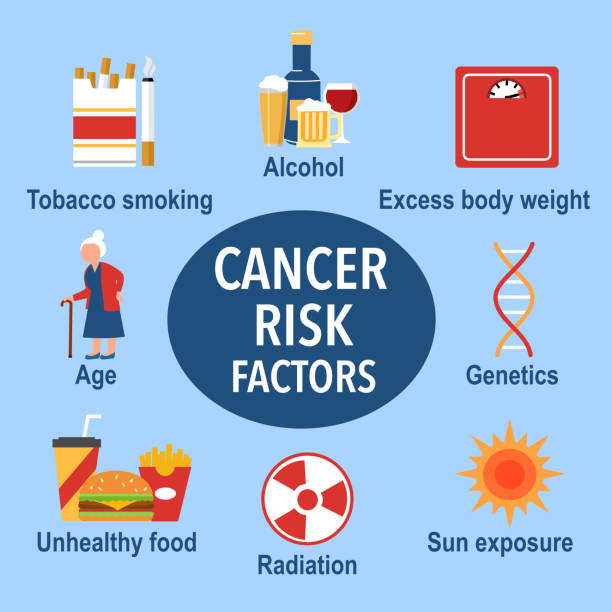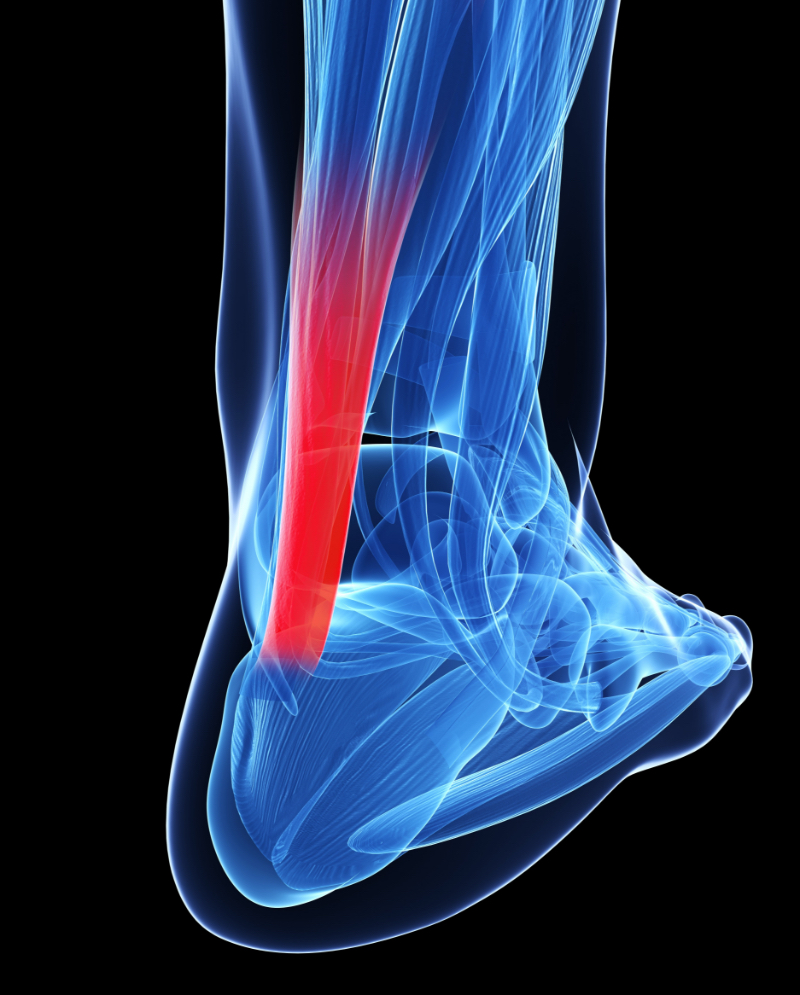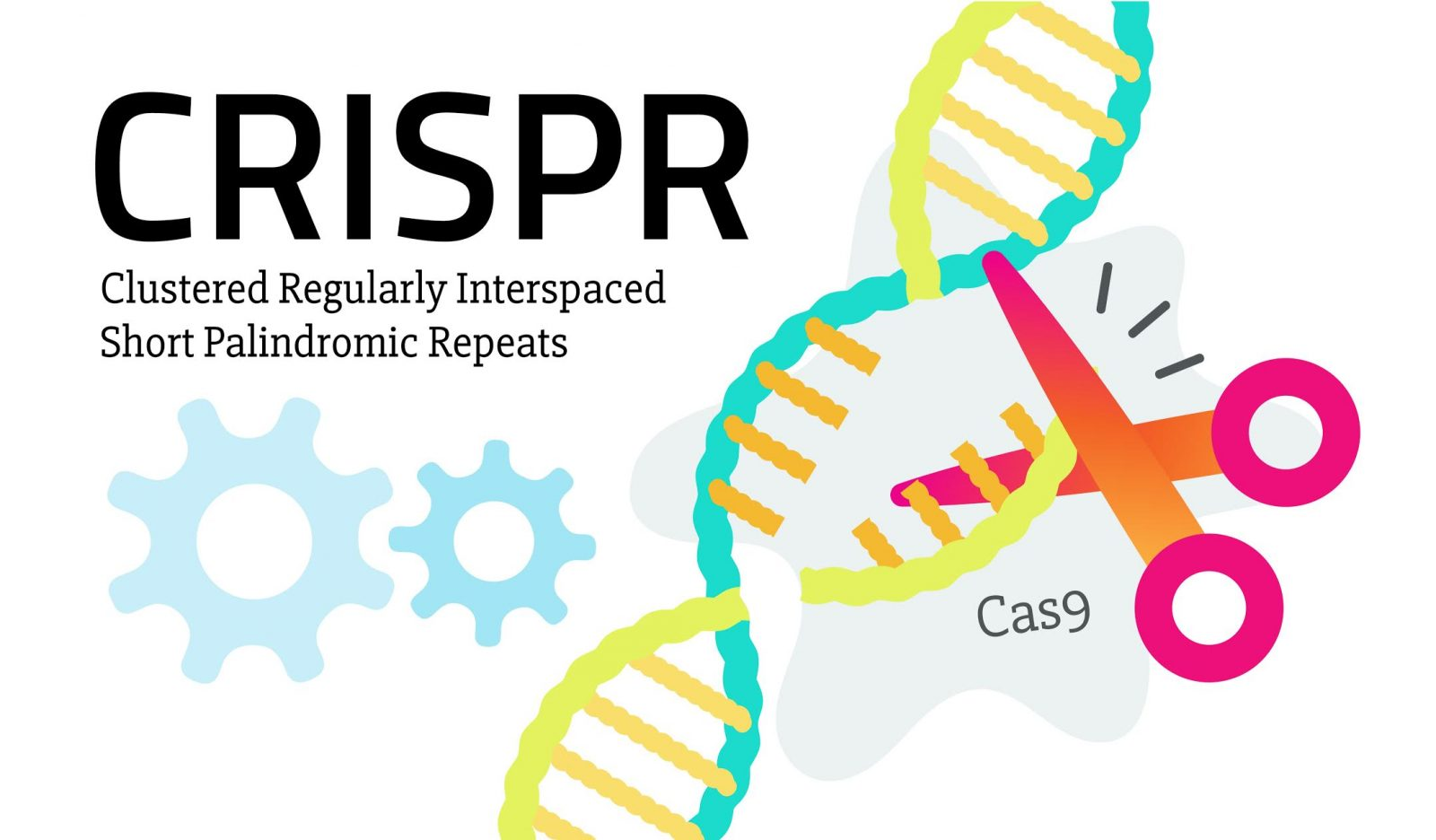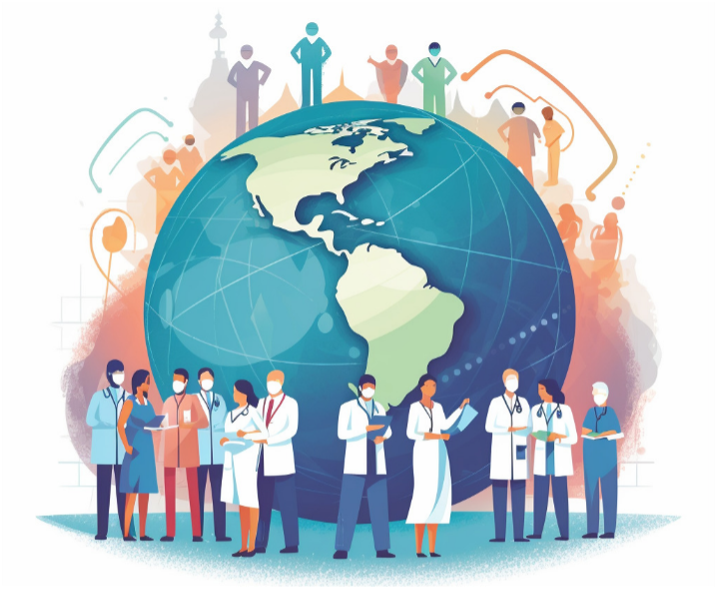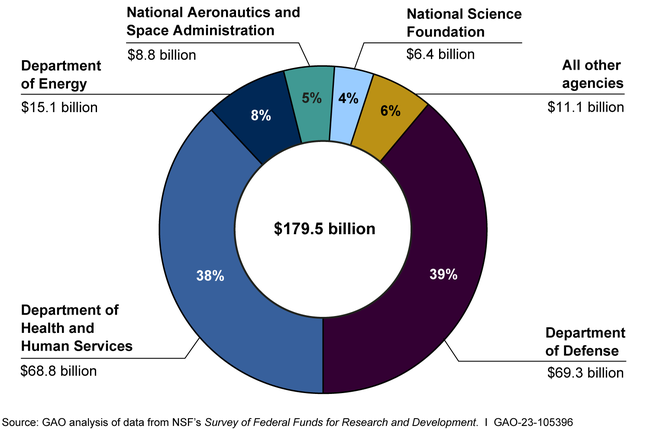Cancer risk facts are vital to understanding the many health challenges we face today. With increasing awareness about cancer prevention, it’s essential to discern which claims hold truth and which are mere myths about cancer. Numerous studies, including those conducted by Harvard cancer research teams, illuminate the various health risks associated with lifestyle choices, such as alcohol consumption and diet. Engaging in a cancer claims quiz can empower individuals to make informed decisions about their health, reducing their risk of developing this disease. As we navigate the complex landscape of cancer information, knowing the facts can lead to healthier choices and a reduction in risks.
Understanding cancer-related information is crucial in the current health landscape. Risk factors for cancer are often subject to misinformation, making it paramount to explore credible resources that can guide us in cancer prevention. Terms like carcinogenic behaviors and health hazards frequently surface in discussions, underlining the importance of informed decision-making. Moreover, educational tools like the cancer claims quiz can help clarify common misconceptions around cancer risks. By seeking reliable studies and research findings, individuals can better equip themselves against potential threats to their health.
Understanding Cancer Risk Facts
Cancer risk facts are often clouded by misinformation and myths, making it difficult for individuals to discern the reality behind health claims. Research from reputable sources, such as the Harvard T.H. Chan School of Public Health, emphasizes the importance of relying on scientifically backed information. One tool that has emerged from this research is the Cancer FactFinder, which helps demystify common misconceptions about cancer risk factors. By using this tool, individuals can explore various claims regarding lifestyle choices and their potential links to cancer.
Studies have shown that many common activities, such as moderate alcohol consumption or certain dietary choices, can significantly influence cancer risk. For instance, the U.S. Surgeon General has identified alcohol as a leading preventable cause of cancer, prompting public health advocates to inform the public about safer consumption practices. Furthermore, the Cancer FactFinder quiz aims to educate users on how to avoid both old myths and new conjectures regarding cancer risks, ultimately promoting healthier lifestyle decisions.
Debunking Myths About Cancer
Myths about cancer often proliferate through cultural narratives and anecdotal evidence. This is particularly evident in discussions around food and cancer, where many believe that specific items, like coffee or turmeric, either pose a significant cancer risk or can actively prevent it. However, recent research conducted at Harvard has indicated that these claims need a nuanced understanding. For example, coffee consumption has been shown in some studies to decrease cancer risk, while other claims regarding food-related cancer risks require further scientific investigation.
The prevalence of misleading information can lead to increased fear and confusion about cancer prevention. By utilizing the Harvard Cancer FactFinder and similar resources, individuals can gain access to accurate, evidence-based insights that demystify these myths. Educators and health professionals are encouraged to promote such tools to enhance public understanding and crush the stigma surrounding certain foods, substances, or behaviors that may unjustly be viewed as dangerous.
The Role of Lifestyle in Cancer Prevention
Lifestyle choices play a pivotal role in cancer prevention, demonstrating that many risks are controllable through health-conscious decisions. For example, factors such as low physical activity, obesity, and chronic stress are all lifestyle elements associated with a heightened risk of cancer. Recognizing these influences is crucial for implementing change that can mitigate the chances of developing the disease. The Harvard T.H. Chan School of Public Health’s expert analysis reinforces the idea that active interventions in daily habits can significantly lower cancer risk.
Moreover, optimizing lifestyle factors like promoting physical fitness, balanced nutrition, and stress management not only benefits cancer prevention but also enhances overall well-being. Health campaigns that emphasize the importance of active living, complemented by community support, can have lasting impacts. As individuals become more aware of these preventative measures, they are empowered to take actionable steps in reducing their cancer risk.
Androgens, Alcohol, and Their Cancer Links
The relationship between alcohol consumption and cancer risk has been extensively studied, leading public health experts to label excessive alcohol as a significant risk factor. According to research highlighted by the U.S. Surgeon General, even moderate drinking can elevate the risk of certain cancers, prompting calls for heightened awareness and responsible drinking habits among the population. This underscores the need for individuals to critically evaluate their drinking patterns and seek to minimize consumption in alignment with health recommendations.
In contrast, the cultural normalization of alcohol consumption may create barriers to accepting its risks. By addressing these social perceptions through education, initiatives can be launched to reshape beliefs and promote healthier alternatives. Awareness campaigns can facilitate dialogue on alcohol-related cancer risks and encourage people to adopt lower-risk behaviors, ultimately contributing to greater public health.
Sunscreen and Skin Cancer Risk
The importance of sunscreen in preventing skin cancer cannot be overstated, yet misconceptions persist regarding its necessity. Some individuals mistakenly believe that they do not require sunscreen based on their skin type or on cloudy days, leading to higher vulnerability to UV damage and skin cancer. Educational campaigns, including insights from Harvard researchers, stress that sunscreen should be applied daily, regardless of weather or personal criteria, to ensure optimal protection against harmful UV radiation.
Furthermore, the idea that a base tan can provide protection against sunburn is a dangerous myth that needs to be addressed. Research indicates that any amount of tanning signals skin damage, increasing the risk of skin cancer over time. Therefore, consistent education and public awareness initiatives are crucial in promoting proper sun safety practices, especially as outdoor activities increase during warmer months.
The Impact of Sleep on Cancer Outcomes
The quality and consistency of sleep have emerged as vital factors in cancer prevention and overall health. Disruptions to regular sleeping patterns can hamper the body’s immune response and its ability to combat cancerous cells, as highlighted by findings from Harvard research. Sleep’s restorative properties are essential for bodily functions, and when individuals experience insomnia or irregular sleep, it increases their susceptibility to various health risks, including cancer.
Creating a healthy sleep environment can lead to improved sleep quality, further aiding in cancer risk reduction. Education around the importance of sleep hygiene, including maintaining a consistent bedtime, reducing screen time before sleep, and managing stress, should be prioritized in public health dialogues. By simplifying the message around sleep’s role in cancer prevention, individuals can be encouraged to prioritize their sleep health as part of a holistic approach to disease prevention.
Higher Cancer Risks for Aircrew Members
Research indicates that pilots and flight attendants may face elevated cancer risks compared to the general population. Increased exposure to cosmic radiation, irregular work hours, and lifestyle factors associated with frequent travel contribute to this increased risk. Science from institutions like the Harvard T.H. Chan School of Public Health seeks to understand the nuanced ways in which their unique working conditions affect their health and how preventive measures can be integrated into their routines.
To mitigate these risks, airlines and health organizations are urged to implement strategies that promote wellness among aircrew members. This may include providing education on cancer risks, facilitating healthier lifestyle choices during travels, and monitoring health outcomes. Ultimately, empowering these professionals with knowledge will enhance their ability to protect their health against potential risks of cancer and promote long-term well-being.
Navigating the Myths of Men’s Cancer Health
Men’s cancer health, particularly concerning prostate cancer, has been surrounded by various myths that can lead to misunderstandings about risk and prevention. Research has shown that black men are at higher risk for prostate cancer, yet misconceptions about the disease can create barriers to proper awareness and treatment. Public health efforts should aim to break down these myths, providing accurate information to empower men in addressing their health proactively.
Education surrounding prostate cancer should highlight the importance of regular screenings, informed discussions with healthcare professionals, and lifestyle modifications that can contribute to cancer prevention. By ensuring that accurate information reaches men about their specific risks, particularly in communities of color, we can create more supportive environments that facilitate early detection and effective treatment of prostate cancer.
The Importance of Cancer Claims Quizzes
Cancer claims quizzes, such as the one developed by Harvard researchers, serve as invaluable tools for educating the public on cancer risks and debunking myths. By providing interactive experiences, these quizzes allow individuals to assess their knowledge and understand the facts related to cancer risk and prevention. Engaging with these resources can lead to better decision-making regarding health behaviors and empower individuals to make informed choices.
Moreover, these quizzes can serve as an entry point into broader discussions about cancer risk, prompting individuals to seek out more information and engage with scientific literature. Health education initiatives that incorporate tools like quizzes can greatly enhance public understanding of cancer, ultimately contributing to more health-conscious communities that prioritize prevention and accurate knowledge about cancer risks.
Frequently Asked Questions
What are some commonly known cancer risk factors that can be prevented?
Several lifestyle choices are identified as major cancer risk factors that can be modified to reduce the chances of developing cancer. These include alcohol consumption, which is a leading preventable cause of cancer according to the U.S. Surgeon General, and obesity, which is linked to various types of cancer. Maintaining a healthy diet, engaging in regular physical activity, and avoiding tobacco can help in cancer prevention.
Are there any myths about cancer risk that people should be aware of?
Yes, there are numerous myths about cancer risk that can lead to confusion. One common myth is that using tampons raises cancer risk, which is false. Another myth is that people with darker skin do not need sunscreen; in reality, all skin types should protect against sun exposure to prevent skin cancer.
How does the Cancer FactFinder tool help in understanding cancer risk facts?
The Cancer FactFinder from the Harvard T.H. Chan School of Public Health is a research-based tool designed to help individuals discern between accurate cancer risk facts and misinformation. By using this tool, users can look up specific claims regarding cancer risk, enabling them to make informed health decisions based on scientific evidence.
What role does physical activity play in cancer prevention?
Low physical activity is a significant lifestyle factor that increases cancer risk. Regular physical activity can decrease the risk of several types of cancer by helping to maintain a healthy weight, reducing inflammation, and improving immune function, thus contributing to overall cancer prevention.
Is there a connection between alcohol consumption and cancer risk?
Yes, alcohol consumption is considered a leading preventable cause of cancer. Research indicates that higher levels of alcohol can increase the risk for various cancers, including breast and liver cancer. It is advisable to limit alcohol intake as part of a cancer prevention strategy.
Does coffee consumption affect cancer risk?
The research on coffee consumption suggests that it may decrease the risk of certain cancers, rather than increase it. Studies have indicated potential protective effects of coffee against liver and endometrial cancers, although more research is needed to fully understand these relationships.
What lifestyle changes can help reduce cancer risk?
To reduce cancer risk, individuals should focus on a well-balanced diet, regular physical activity, maintaining a healthy weight, limiting alcohol consumption, and avoiding tobacco use. Additionally, getting regular screenings and maintaining good sleep hygiene can significantly contribute to cancer prevention.
What do studies say about sleep patterns and cancer risk?
Disruptions in sleep patterns have been shown to impact the body’s ability to ward off cancer. Poor sleep can affect the immune system and hormonal balance, thereby potentially increasing cancer risk. Getting adequate and quality sleep is important for overall health and cancer prevention.
Are there specific cancer risks associated with certain occupations, like flight attendants?
Yes, research suggests that pilots and flight attendants may be at a higher risk for certain cancers due to factors such as exposure to cosmic radiation and irregular sleep patterns. Occupational hazards can be an important factor in assessing cancer risk.
Can natural ingredients like turmeric aid in cancer prevention?
Turmeric has been studied for its potential cancer-preventive properties due to its active compound curcumin, which has anti-inflammatory and antioxidant effects. However, while there is some evidence supporting turmeric’s benefits, more research is needed to confirm its efficacy in cancer prevention.
| Statement | True/False | Research Finding |
|---|---|---|
| U.S. Surgeon General highlights alcohol consumption as a major preventable cause of cancer. | True | Yes, alcohol is a leading factor in cancer risk. |
| Coffee consumption increases cancer risk. | False | Research suggests coffee consumption likely decreases cancer risk. |
| Charred meat, processed meat, and red meat are flagged as possibly carcinogenic. | All of the above | All mentioned meats have been identified as potential cancer risks. |
| Burning certain scented candles indoors could lead to cancer-causing exposures. | True | Some scented candles emit harmful substances when burned. |
| Pilots and flight attendants are at a higher risk for certain cancers. | True | Occupational exposure may increase cancer risk among these professionals. |
| Consuming turmeric could help prevent cancer. | More research needed | Evidence is inconclusive; further studies are warranted. |
| Using tampons raises cancer risk. | False | Current evidence does not support this claim. |
| Low physical activity, obesity, and stress increase cancer risk. | All of the above | Each factor is linked to a higher likelihood of developing cancer. |
| Disruptions in sleep patterns hinder the body’s ability to ward off cancer. | True | Sleep interruptions can negatively affect immune function. |
| People with dark skin don’t need to use sunscreen. | False | Everyone, regardless of skin tone, should use sunscreen. |
| Black men are at a higher risk for prostate cancer. | True | Studies show higher prostate cancer rates in Black men. |
Summary
Cancer risk facts are crucial for making informed health decisions. The prevalence of misinformation about cancer risks can lead to confusion regarding lifestyle choices and their effects on health. Understanding verified cancer risk facts, such as the dangers of alcohol consumption and the benefits of maintaining a healthy lifestyle, empowers individuals to reduce their risk. Utilization of resources like the Cancer FactFinder from the Harvard T.H. Chan School of Public Health can assist in providing clarity on various claims, guiding people towards healthier choices.
